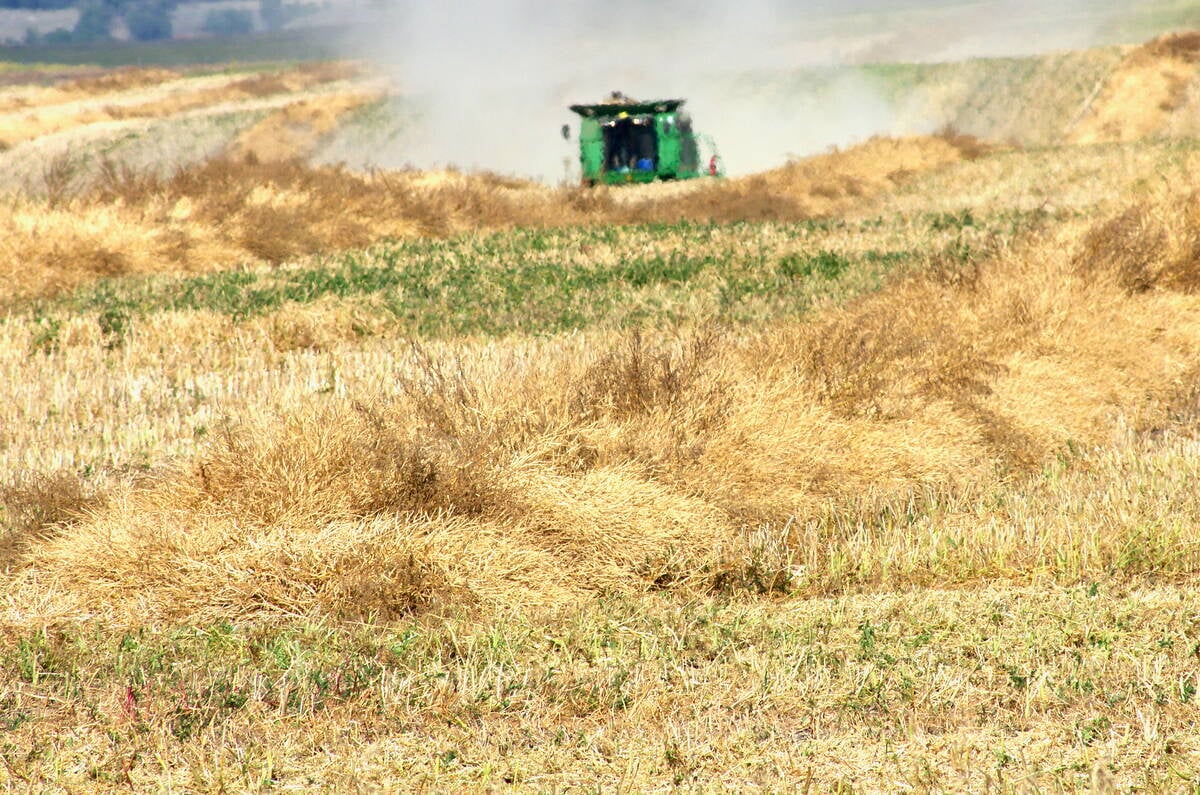VANCOUVER – Traditionally, the spectre of cheap foreign imports has been considered the great threat to Canada’s dairy farmers and their domestic market dominance.
Last week, Dairy Farmers of Canada officials argued there is another, growing threat from within Canada’s borders.
Dairy substitutes, food supplements and so-called novel foods are threatening to erode market share held by dairy products, DFC nutritionist Helen Bishop MacDonald told the group’s annual policy conference.
“One of the barriers (to dairy sales increases) is the marketing muscle of those who promote calcium substitutes,” she said.
Read Also

Manitoba searches for Plan B on canola oil exports
A new report explores Manitoba’s current canola oil trade and possible alternative markets to the U.S.
There is the growing tendency by consumers to add vitamin and mineral pills to their diets, often because they think it gives them the benefits of foods such as milk without the perceived negative impact of butterfat.
MacDonald, who spends much of her time fighting the bad image of butterfat, said it is no substitute to avoid milk and take pills. “A lousy diet plus a supplement pill is still a lousy diet.”
But perhaps the greatest competition on the horizon is the power of growing consumer attachment to soybean products, including soya milk with its promise of fat-free nutrients and vitamins.
“Soya is a fine product but it does not give you all the benefits that milk does,” said MacDonald. Yet she acknowledged it is gaining ground as a consumer alternative to milk and butterfat.
The day before the dairy farmers’ convention began in Vancouver, a local newspaper published a photograph of a dietician drinking a glass of soya milk.
“That’s what we’re up against,” she said. “I could not get into the paper drinking a glass of milk because I am identified as working for the milk industry. But I know for a fact that dietician was touring, promoting for the soy industry.”
While delegates were pondering that message, they found out the problem was closer to home than they realized.
It was inside the convention walls.
Bruce Saunders from the DFC promotions committee noted that outside the meeting room, in a dairy case, an ice cream company had provided ice cream bars for delegates.
The product called ice cream “doesn’t have a damn bit of milk in it,” he complained. “We are fighting uphill against a general trend to non-dairy substitutes.”
He said the industry must continue to promote its message that there is no substitute for dairy products that offers the same nutrition and health benefits.
But Saunders also announced the promotions committee had decided against asking dairy farmers to agree to a 15 cent per hectolitre special levy this year to raise an additional $8 million for promotion.
“We didn’t think we could sell it to producers,” he said.
Instead, it urged the dairy industry to draw up a strategy by next year on how to raise, target and spend promotion dollars.














